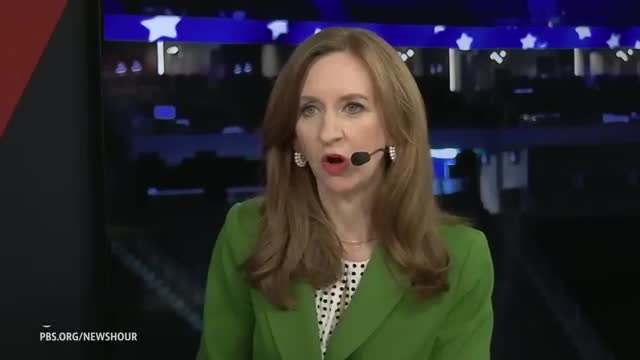Political Fallout from Assassination Attempt on Trump

This article was created by AI summarizing key points discussed. AI makes mistakes, so for full details and context, please refer to the video of the full meeting. Please report any errors so we can fix them. Report an error »

In a recent government meeting, discussions centered around the alarming assassination attempt against a former president, highlighting the deep divisions in political rhetoric among lawmakers. Participants acknowledged the gravity of the situation, noting that the targeted individual is a figure many Americans support for a potential return to the presidency.
The meeting revealed two distinct camps within the political landscape. One faction advocates for a reduction in inflammatory rhetoric, a sentiment echoed by Speaker Johnson. Conversely, the opposing camp expresses anger and seeks to assign blame, particularly targeting Democrats and President Biden. Ohio Senator JD Vance exemplified this viewpoint, asserting on social media that the rhetoric from the Biden campaign contributed to the attempted assassination of President Trump.
Vance's comments were sparked by a recent phone call President Biden had with campaign donors, which he claimed contained language that incited hostility. In response to inquiries regarding Vance's accusations, the Biden campaign provided a detailed account of the president's remarks, emphasizing the importance of context in understanding the statements made.
This meeting underscores the heightened tensions in American politics, as leaders grapple with the implications of their words and the potential consequences of escalating rhetoric in a polarized environment.
The meeting revealed two distinct camps within the political landscape. One faction advocates for a reduction in inflammatory rhetoric, a sentiment echoed by Speaker Johnson. Conversely, the opposing camp expresses anger and seeks to assign blame, particularly targeting Democrats and President Biden. Ohio Senator JD Vance exemplified this viewpoint, asserting on social media that the rhetoric from the Biden campaign contributed to the attempted assassination of President Trump.
Vance's comments were sparked by a recent phone call President Biden had with campaign donors, which he claimed contained language that incited hostility. In response to inquiries regarding Vance's accusations, the Biden campaign provided a detailed account of the president's remarks, emphasizing the importance of context in understanding the statements made.
This meeting underscores the heightened tensions in American politics, as leaders grapple with the implications of their words and the potential consequences of escalating rhetoric in a polarized environment.
View full meeting
This article is based on a recent meeting—watch the full video and explore the complete transcript for deeper insights into the discussion.
View full meeting